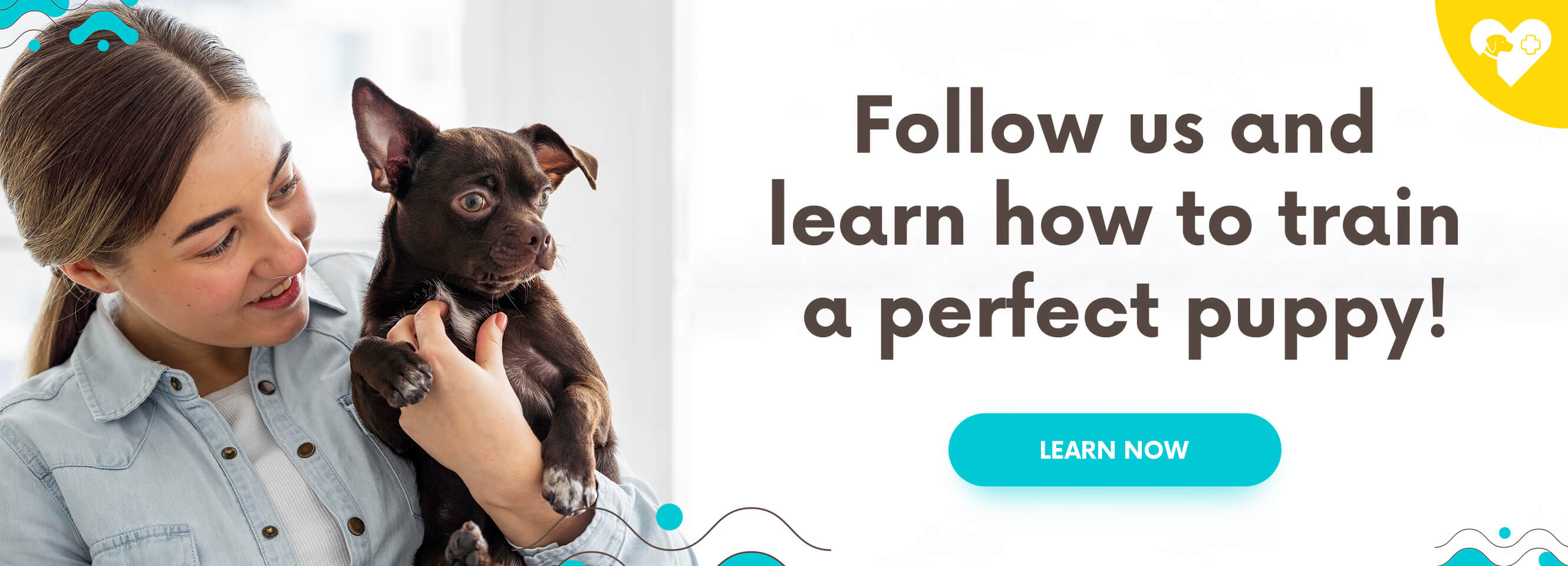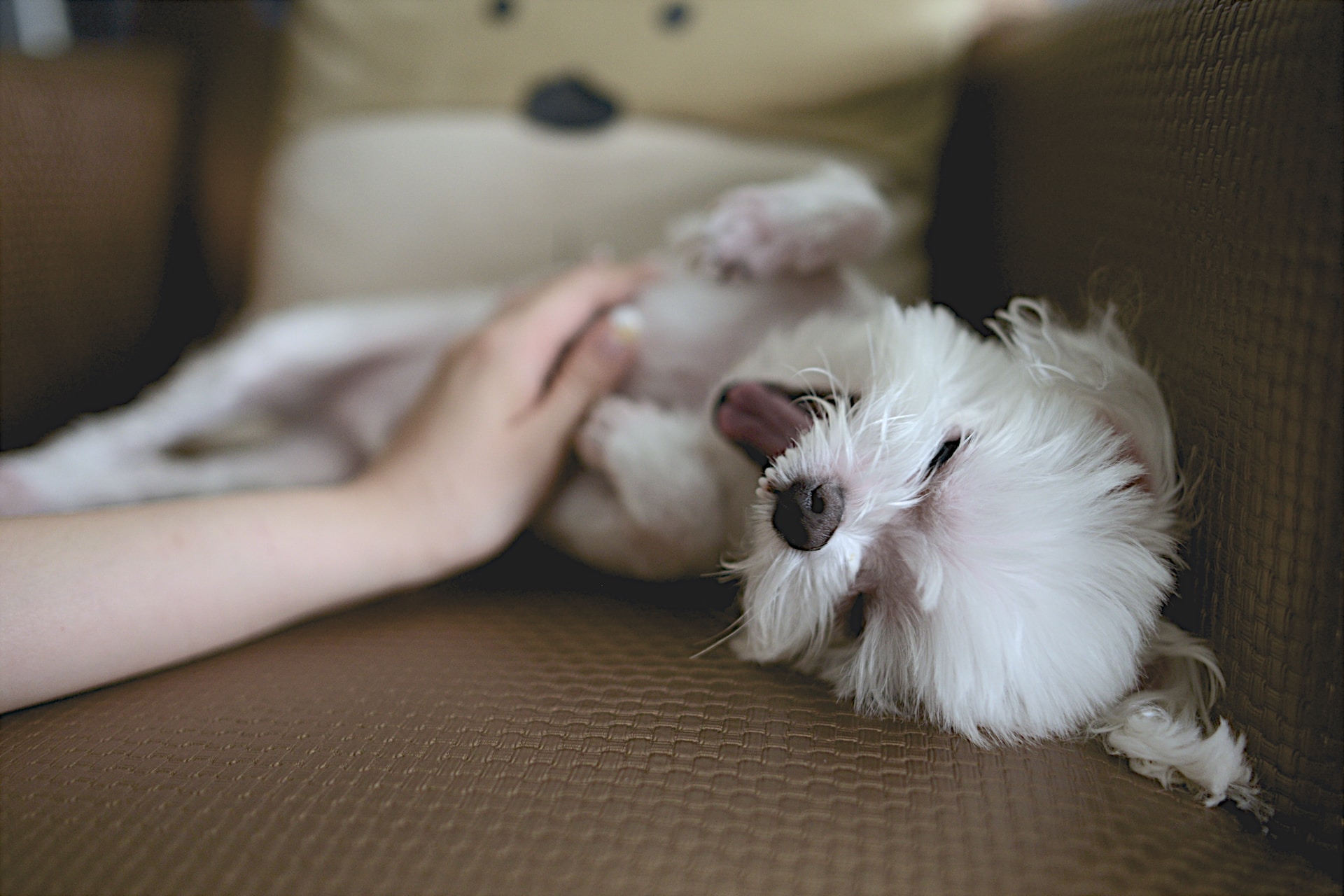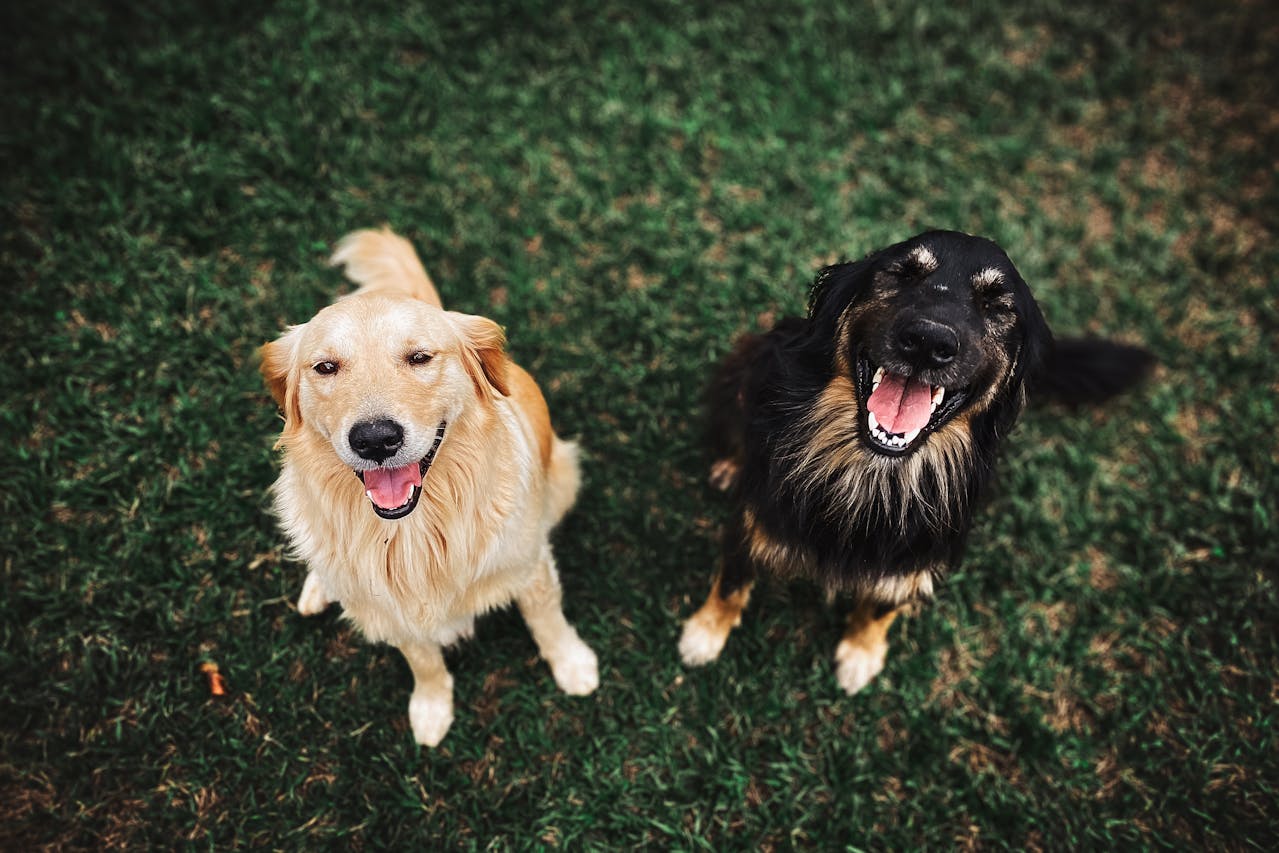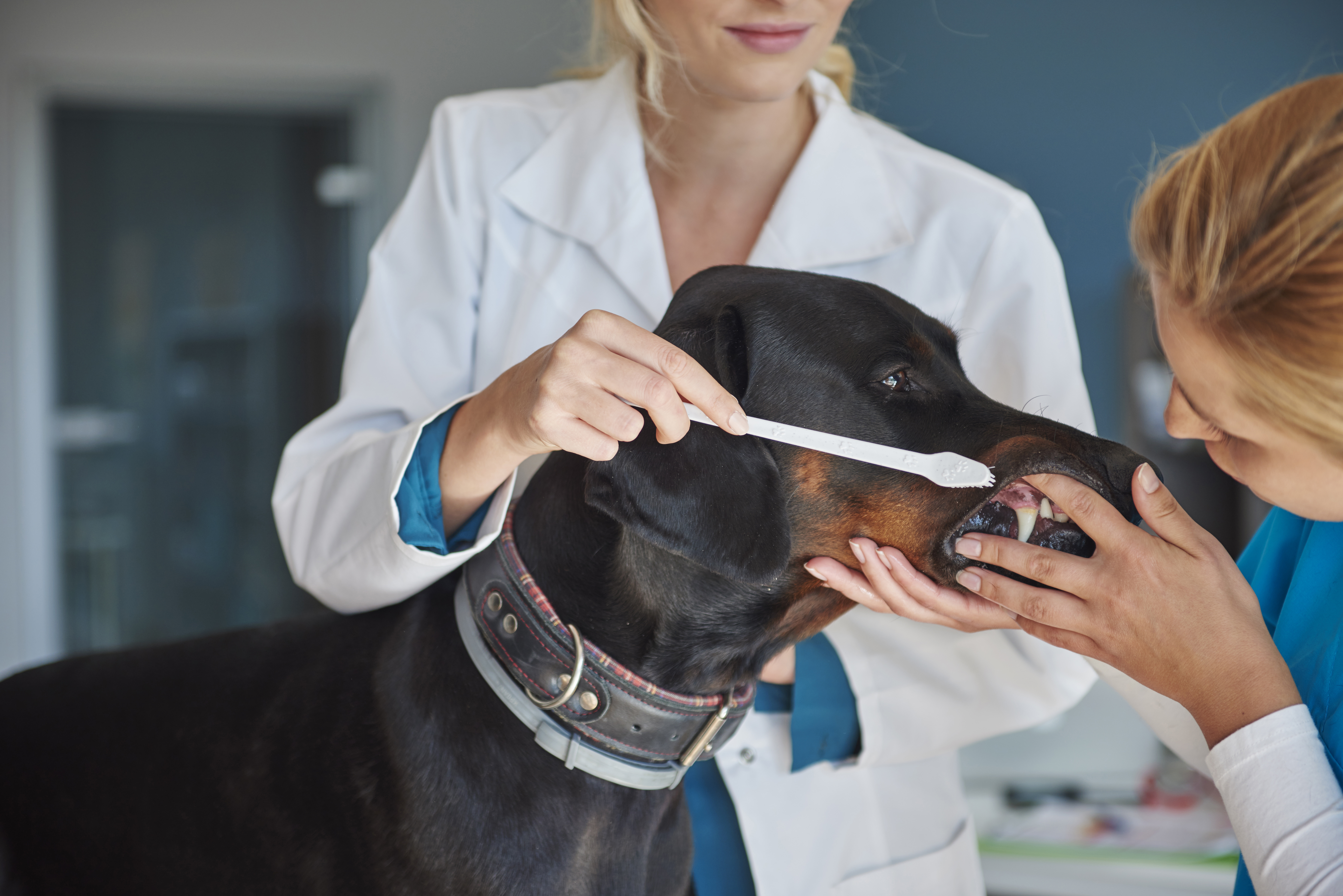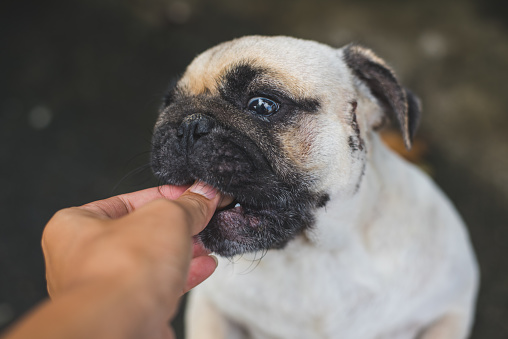
It all should be balanced...including taking care of our beloved friends. What does it mean actually? Sometimes we strive so hard to provide our dogs with the best life possible, that we start doing the wrong things due to our strong bond and love for them. Overfeeding is one of those things, that often we do not perceive as a bad thing as it is supposed to show how responsible owners we are. Are we overfeeding our pups and the consequences for their health might be important topics that we want to pay attention to?
Health Conditions that Overfeeding May Cause
Obesity
Obesity is the most common issue that overfeeding may cause. Even when your paw friend looks so cute and fluffy with a few more pounds put on, overweight/obesity increases the risk for many health conditions such as diabetes, heart disease, cancer, and joint and respiratory issues. In general, obese dogs have lower energy levels, impacting their quality of life and reducing their lifespan.
Joint / Skeletal Issues
If you overfeed your pup, he/she is likely to start growing too fast, which will negatively affect their skeleton. Being overweight means more pressure on the bones and joints, which may lead to a condition called Osteochondrosis. This condition includes several disorders that may occur due to abnormal growth or injury. If your pup suffers from Osteochondrosis his/her joints or limps are likely to be swollen. That is why you should always pay attention to any physical signs that may occur as symptoms of an underlying health problem. Although it is more common for dogs of large breeds to suffer from this Osteochondrosis, as their calorie intake tends to be too high, you should keep track of your pup’s diet if he/she is of a smaller breed too. Always remember, that an unhealthy diet and lifestyle can affect dogs of all breeds.
Hip dysplasia is a health condition that is characterized by a hip deformity that occurs during the process of growing. The hip joint features a ball and a socket joint, that must grow at equal rates. When there is hip dysplasia, uniform growth does not occur, which results in the inability of the hip and the ball joint to fit together. If you regularly overfeed your pup, the extra pounds will put pressure on the hips which will lead to uneven hip socket wear. An examination at the veterinarian's office will be needed so that this condition can be properly treated.
Digestive Problems
Diarrhea and vomiting lasting more than 1-2 days are likely to be signs of an irritated digestive system. If your pup overeats occasionally, he/she might need to reduce the swelling in his/her stomach, which will result in diarrhea/vomiting. Usually, pups need no longer than 1-2 days to feel better. If you notice that these symptoms do not disappear, they might be signs of regular overfeeding and you should consult a veterinarian. They will provide you with accurate information about the daily quantity of food your pup should take to stay healthy based on their age, breed, and lifestyle.
Bloat
Having a distended stomach may become a serious problem that may require an operation to be solved. Bloat leads to increased pressure on the organs and may lead to stomach twisting also known as Gastric volvulus (twisting of the stomach/part of the stomach more than 180°, which leads to closed-loop obstruction). Bloat is more common in large breeds such as Saint Bernard, the Great Dane, the German Shepherd, the Standard Poodle, the Irish Wolfhound, the Irish Setter, the Akita, the Weimaraner....etc. Since this condition can have serious consequences for your dog’s health and even lead to death, it requires immediate action.
Pancreatitis
If you have put your pup on a diet that is high in fat, this may result in Pancreatitis. If your paw friend regularly eats leftovers he/she may not only lose interest in his/her regular food but gain weight and cause health problems.
Since you already know how dangerous for your pup overfeeding can be, you may want to know how to determine if you are overfeeding your pup.
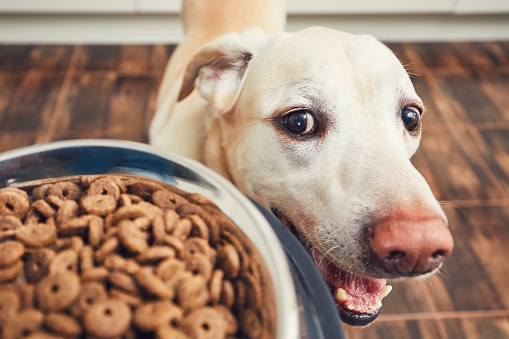
Are You Overfeeding Your Pup?
Flatulence that occasionally occurs is quite normal. However, if you notice that it is occurring too frequently and your dog’s feces are soft in texture this might be a sign of a digestive issue. Vomiting, diarrhea, decreased energy level, fatigue, panting, swollen abdomen, and excessive drooling, might point out that you overfeed your dog. Also, you need to keep track of your pup’s weight and if you notice that his/her waist and ribs are not visible at all, you should put him/her on a diet.
How To Stop Overfeeding Your Pup?
Make a Schedule
Make a schedule on what time during the day you will feed Fido and what his/her calorie intake will be. Do not randomly feed your dog and always keep track of the treats or table scraps he/she eats. Feeding a pup is different from feeding an adult dog when it comes to frequency and calories. As a general rule, pups should be fed about 3-4 times a day until they reach the age of 6 months. Give your paw friend small portions during the day and make a smooth transition from wet to solid food. Always add new food step by step and monitor how your pup’s body responds to it. At the age of 6 months, pups should be fed 2 times a day.
Pup’s food is high in protein and vitamins as well as smaller so that it provides more comfort during eating. You should consult a veterinarian about the best food for your pup as an individual and what schedule might suit his/her needs the most.
Keep Track of the Portions and the Treats
As we have mentioned many times, dogs are food-motivated and treats are great “tools” that help us teach them new behaviors. Since pups are still learning and actively exploring their surroundings they need some guidance to know how to behave properly and what their role in the world is. Treats (food in general) are a primary positive reinforcement tool, that can be very beneficial but also can have a negative effect on your pup if you misuse them. You should always keep track of the number of treats you feed your pup and check their ingredients first. The same is valid for your pup’s regular food. Do not give too big portions and try to provide him/her with healthy and balanced food. You can add human food as well such as chicken, fish, white rice, green beans (plain), carrots, small amounts of pumpkin (plain canned pumpkin)…etc. We would recommend that you do research or directly consult a veterinarian about what human food is safe for dogs and what amounts you should feed your paw friend.
Check the Labels
It is important to check the label for two reasons-you will know what the ingredients are, as you may want to avoid food brands containing a lot of fillers and additives; you will see the guidelines on what portions and how many times a day you should feed your dog. Of course, we would recommend that you double-check these with a veterinarian.
Lifestyle
Overfeeding your dog might be only a part of a bigger problem- an unhealthy lifestyle in general. If you like spending much time at home (which is not bad itself), but you also lack activities, do not eat healthily, and are not really well organized, your lifestyle is very likely to affect your dog’s life too. You should not neglect regular walks and exercises as well as mental stimulation in the form of games. Do not go feeding your dog once he/she starts whining or begging for food. You should rather train him/her in basic obedience and to know when feeding time is. Training your pup at a young age will help him/her develop good habits and become a well-behaved adult.

